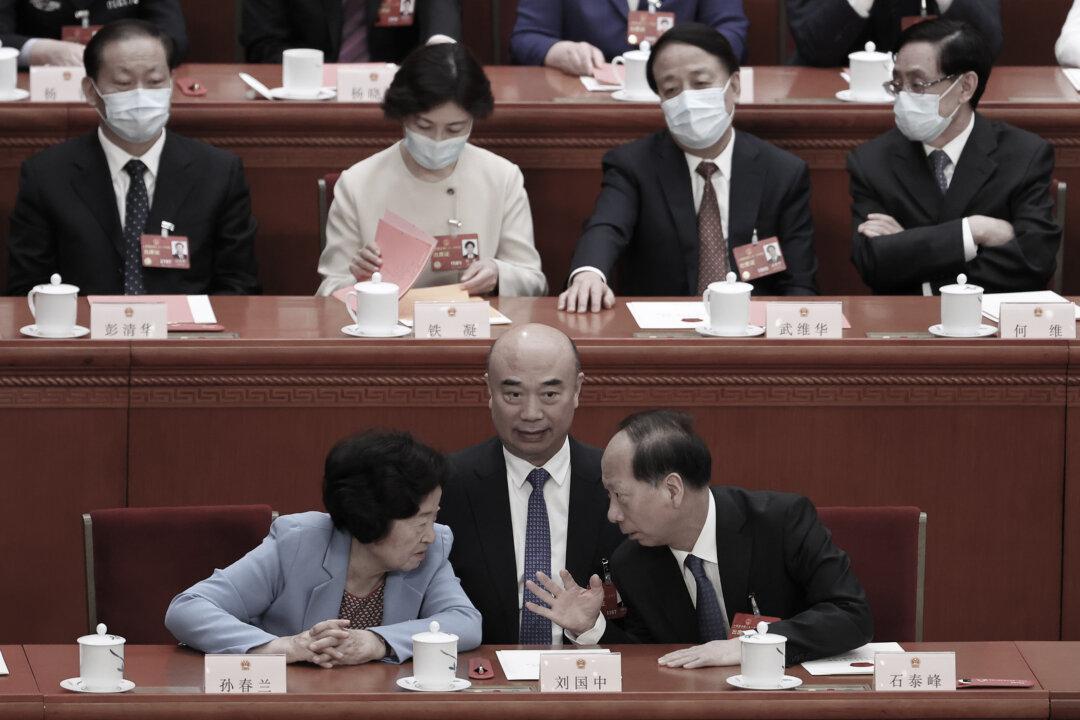News Analysis
Beijing recently made Shi Taifeng the new minister of the United Front Work Department (UFWD) in a move that can be seen as part of an escalation of overseas influence peddling by the Chinese Communist regime, a China expert suggests.

Beijing recently made Shi Taifeng the new minister of the United Front Work Department (UFWD) in a move that can be seen as part of an escalation of overseas influence peddling by the Chinese Communist regime, a China expert suggests.